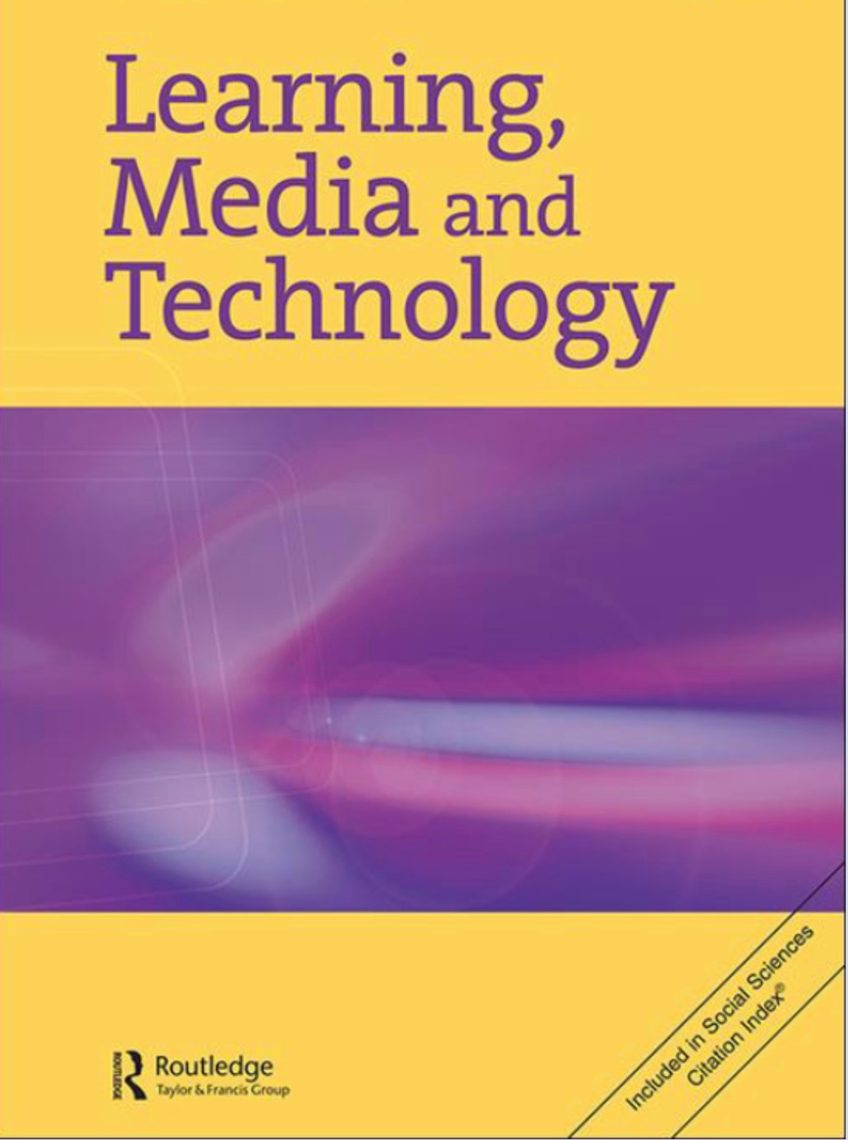No doubt folks have heard about artificial intelligence (AI) developments such as ChatGPT. But what do such technologies mean for education? University of Southern Maine Communication and Media Studies Professor Maureen Ebben, Ph.D. and Philosophy Professor Julien Murphy, Ph.D. are editors of a special issue of the journal, Learning, Media, and Technology to explore how generative AI (i.e., ChatGPT) may shape pedagogical practices, learning, authorship, and the future of education. The special issue will publish new research to better understand the impact of generative AI in shaping education.

Education content producible by generative AI includes text, essays, and poetry, as well as visual images, computer code, music, and design. An irresistible student tool, generative AI has the speed, scale, ease of use, and accessibility to disrupt education, raising several issues. There are concerns about how such forms of machine learning will influence human learning, transform the meaning of authorship, and upend common pedagogies such as the student essay (Rudolph et al., 2023; Williamson et al., 2023; Zembylas, 2023). Student and faculty reliance on generative AI for academic work raises questions of plagiarism, the possible eradication of a writerly voice and writing style, original thought and novel critique, as well as poses epistemic questions about the nature of learning and knowledge.
The journal special issue will address key themes including:
- Critical pedagogy and generative AI
- Ways in which generative AI further complicates notions of authenticity–of authorship, ideas, ownership, and truth
- Creative and productive uses of generative AI and how can they be harnessed in education
- Ethical, political, and epistemological issues of generative AI in education
- Socio-technical explorations of generative AI and equity, power, inclusion, diversity, identity, marginalization, (dis)ability, ethnicity, gender, race, class, community, sustainability, etc.
- Development of methodologies to critically assess generative AI in education
- Alternative imaginaries for the development of future generative AI tools for education
The full call for papers is here – https://bit.ly/Generative_AI_Education

